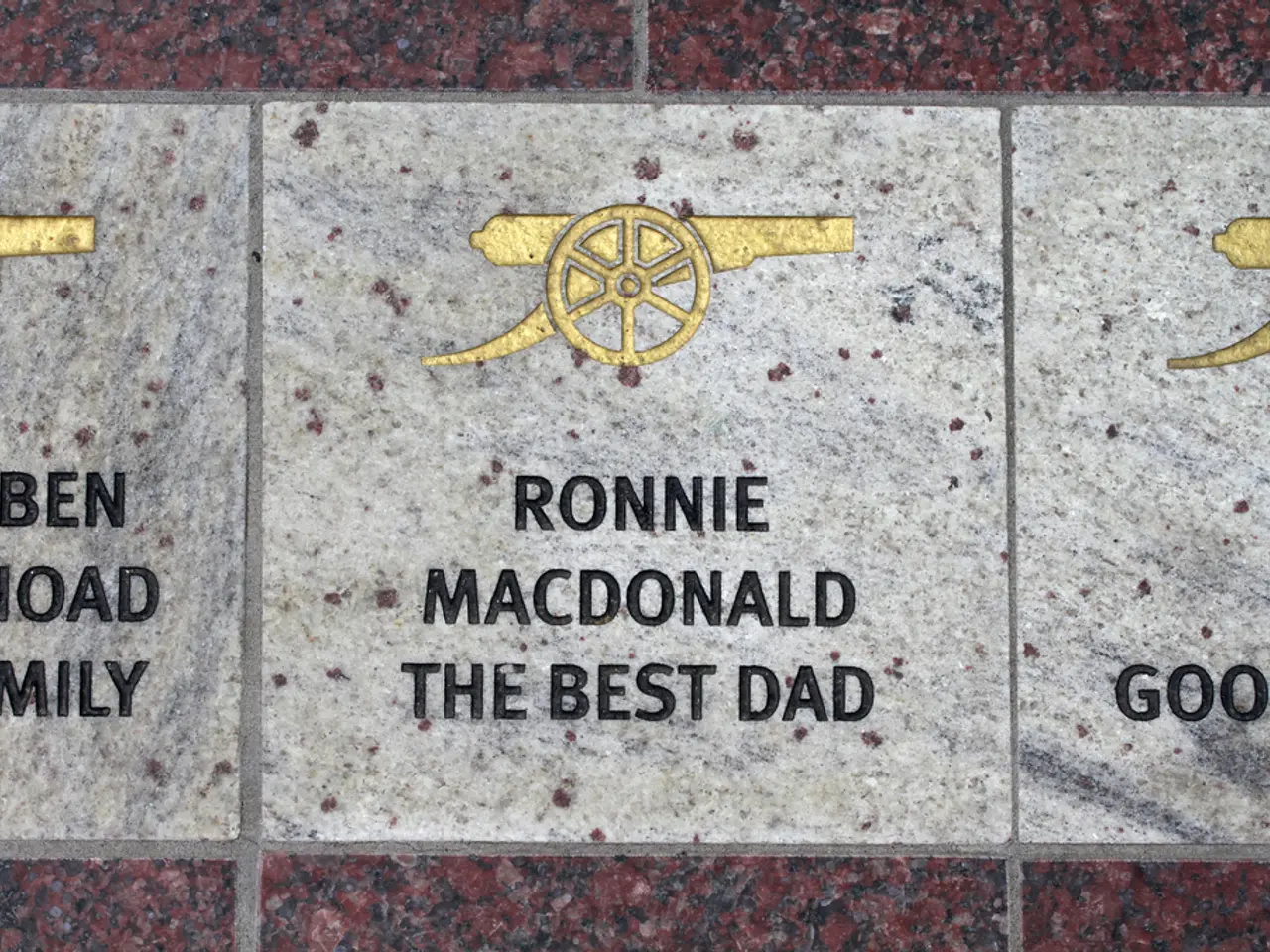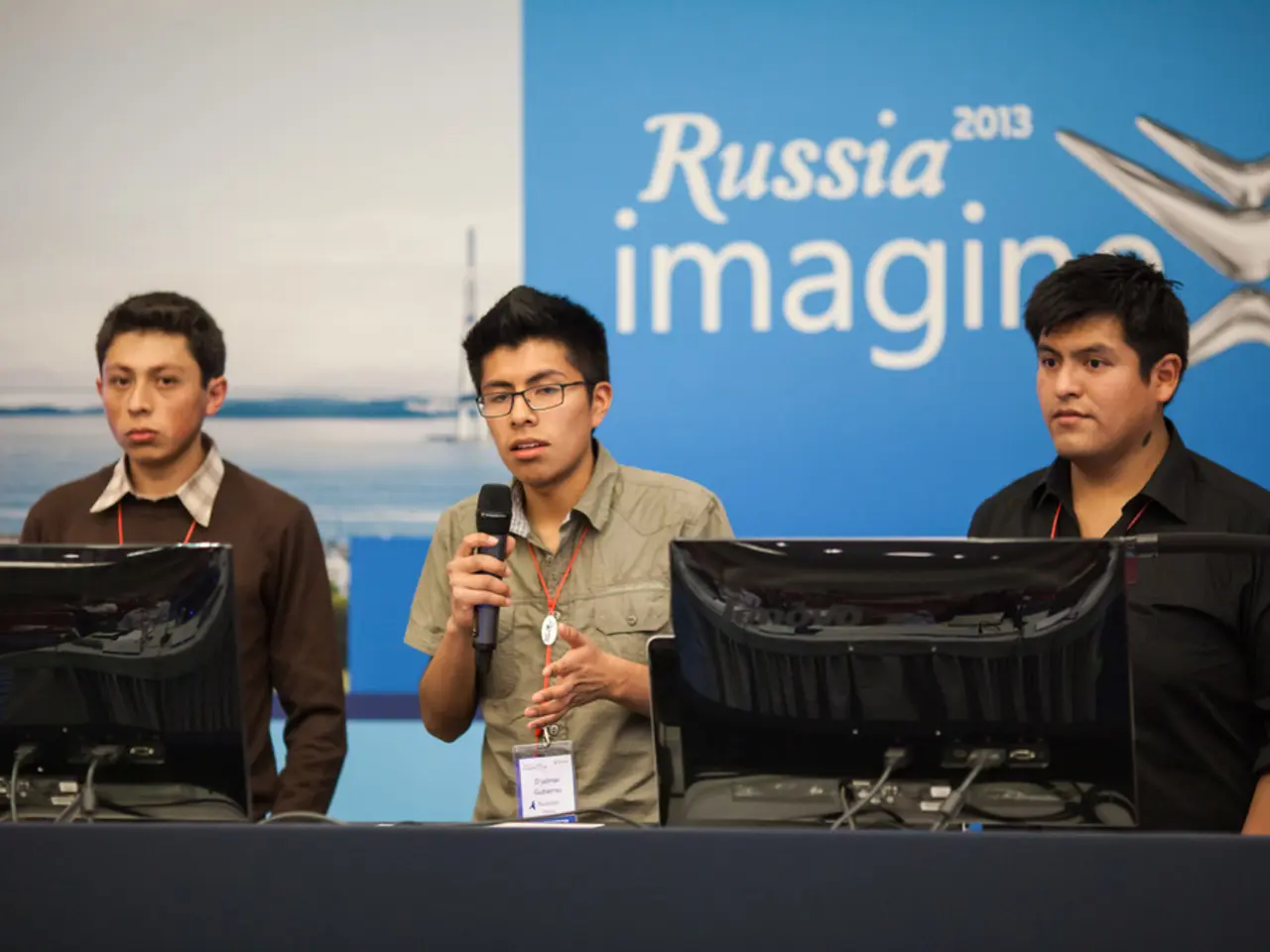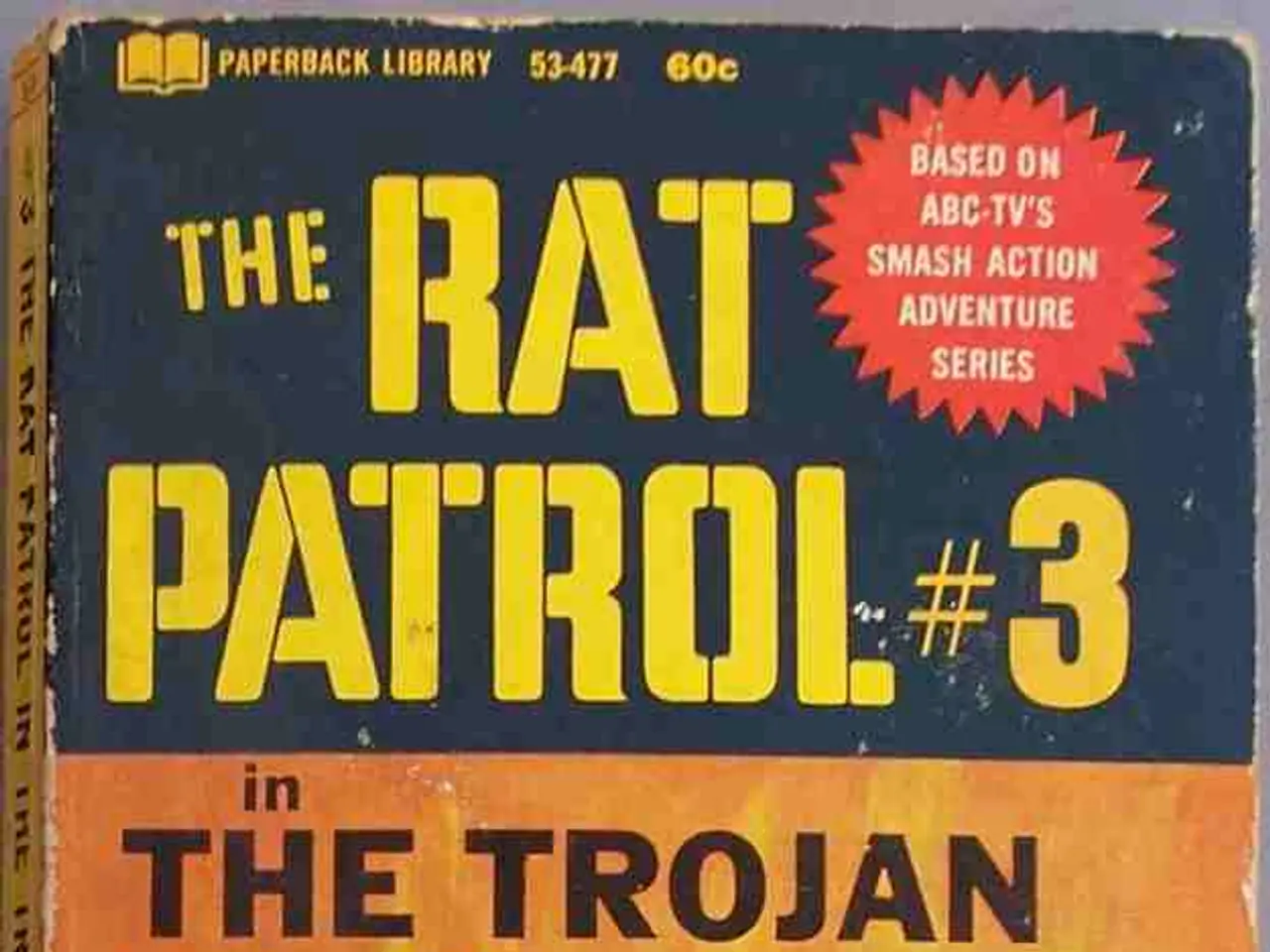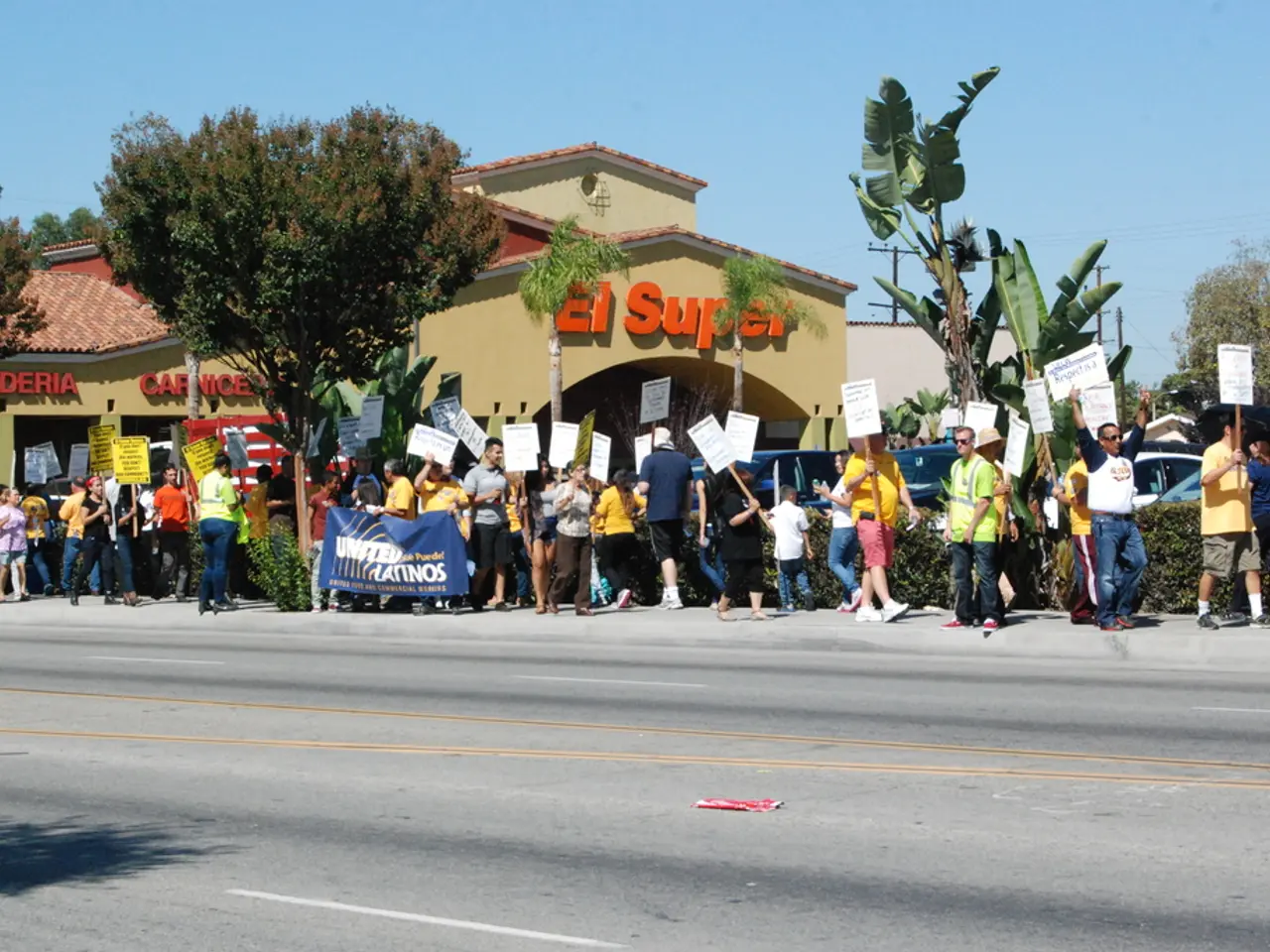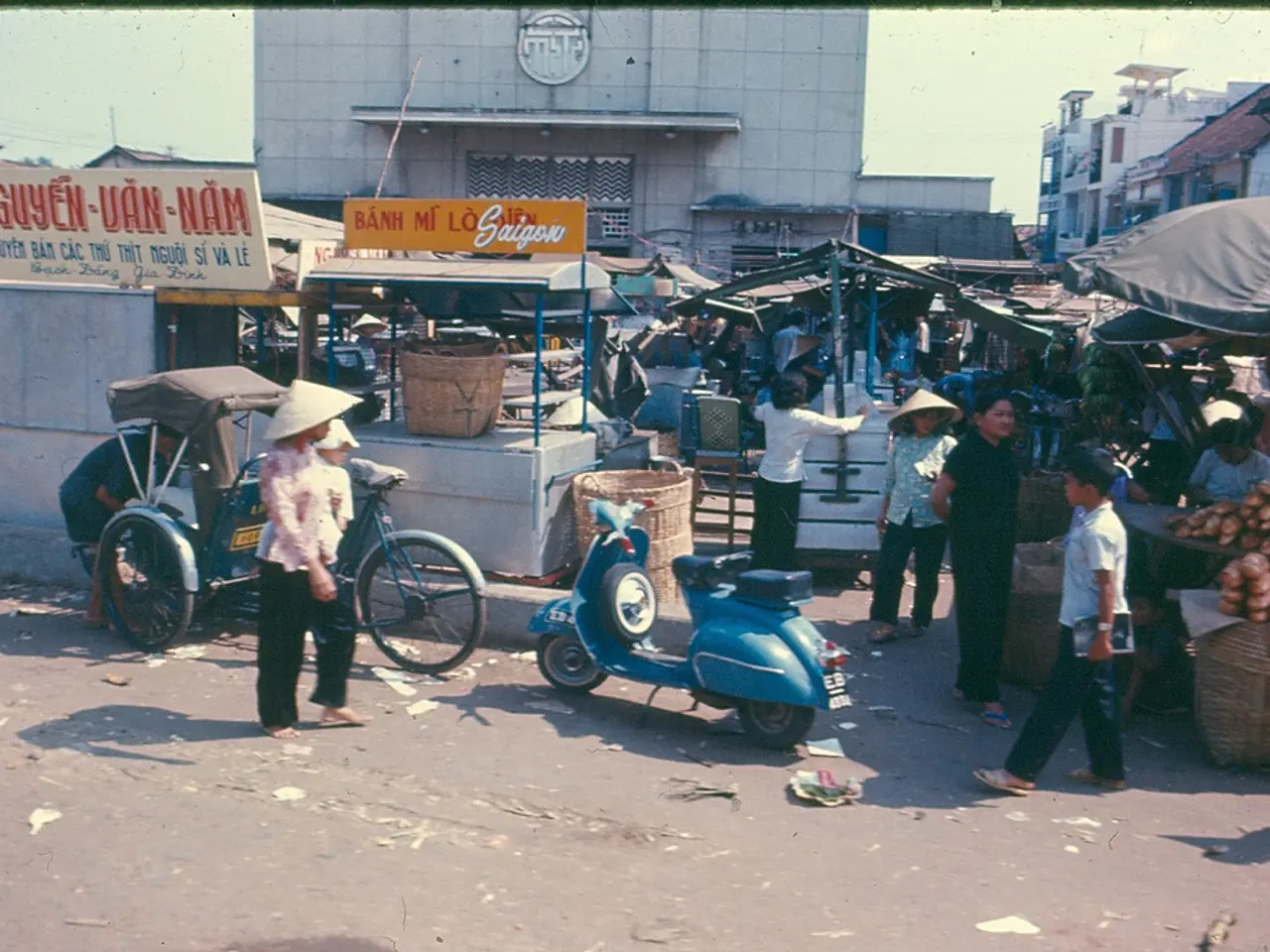Opinion Pieces - Expressing Your Views - for July 3rd
In a small village occupied by German forces during World War II, a young girl named Danielle Lorenzini was born in June 1944. As she grew up, she learned about the war and the impact it had on her life. Today, she attributes her freedom to one of the soldiers who helped push back the enemy, Frank Cooke.
The letters of gratitude and personal correspondence during World War II played a significant role, deeply impacting the lives of survivors and veterans. These letters often conveyed appreciation, love, hope, and emotional support that helped sustain morale in difficult times.
One poignant example is the correspondence between Helen and Bill, who met briefly in December 1944 while stationed in the Philippines. Despite unexpected separation when Helen was relocated to Guam, she maintained their connection through hundreds of heartfelt letters. Her words in letter #75 express their shared journey and hope: "We’re in this together, my dearest...we’re moving forward, hand in hand...haven’t we already proven to our own satisfaction that we walk in the same path at the same speed...And haven’t we already found that there’s a kiss at the end of the walk?"
Beyond romantic letters, many letters of gratitude were written to thank soldiers for their service and sacrifice. These gestures continue the tradition of acknowledging the personal sacrifices made by military personnel.
Letters during WWII provided psychological comfort and a sense of connection, helping soldiers and their loved ones endure separation, uncertainty, and trauma. Receiving a letter could uplift spirits, reinforce bonds, and provide a tangible reminder of love and support. For veterans, such wartime letters have become cherished artifacts that preserve personal history and memory, contributing to survivor identity and post-war reconciliation with the past.
In the aftermath of the June 14 protests in America, which were mostly peaceful, Leighton Loo from Mililani, Oahu, reflects on the event. He emphasises the importance of disagreement not leading to division, and division not festering into hate. Both sides demonstrated restraint during the protests, and the peacefulness of the event demonstrated how protest and free speech are supposed to work.
Danielle Lorenzini expresses her gratitude to Frank Cooke and other soldiers who risked their lives for her and her family. She signs off her letter with "Aloha" to Frank Cooke and Hawaii. The coming days, months, and years demand introspection, and reflecting on the peace of the June 14 protests is a responsibility for those who witnessed it.
In summary, World War II letters—both those of gratitude and personal affection—served as emotional anchors during the war and remain powerful testimonies of human resilience and connection, profoundly affecting survivors and their descendants. The ongoing practice of writing letters to veterans and soldiers today reflects the lasting importance of these communications in recognising and validating military service, reinforcing community support, and helping veterans feel valued even decades after their service.
- The letters of gratitude and personal correspondence during World War II, including those from Danielle Lorenzini to Frank Cooke, played a significant role in both war-and-conflicts and general-news contexts, deeply impacting the lives of survivors and veterans.
- In addition to the political implications of the June 14 protests in America, the peacefulness of the event was a significant event that underscores the importance of events that do not lead to division, and workers' strikes and free speech, which are meant to encourage dialogue rather than fester into hate.
